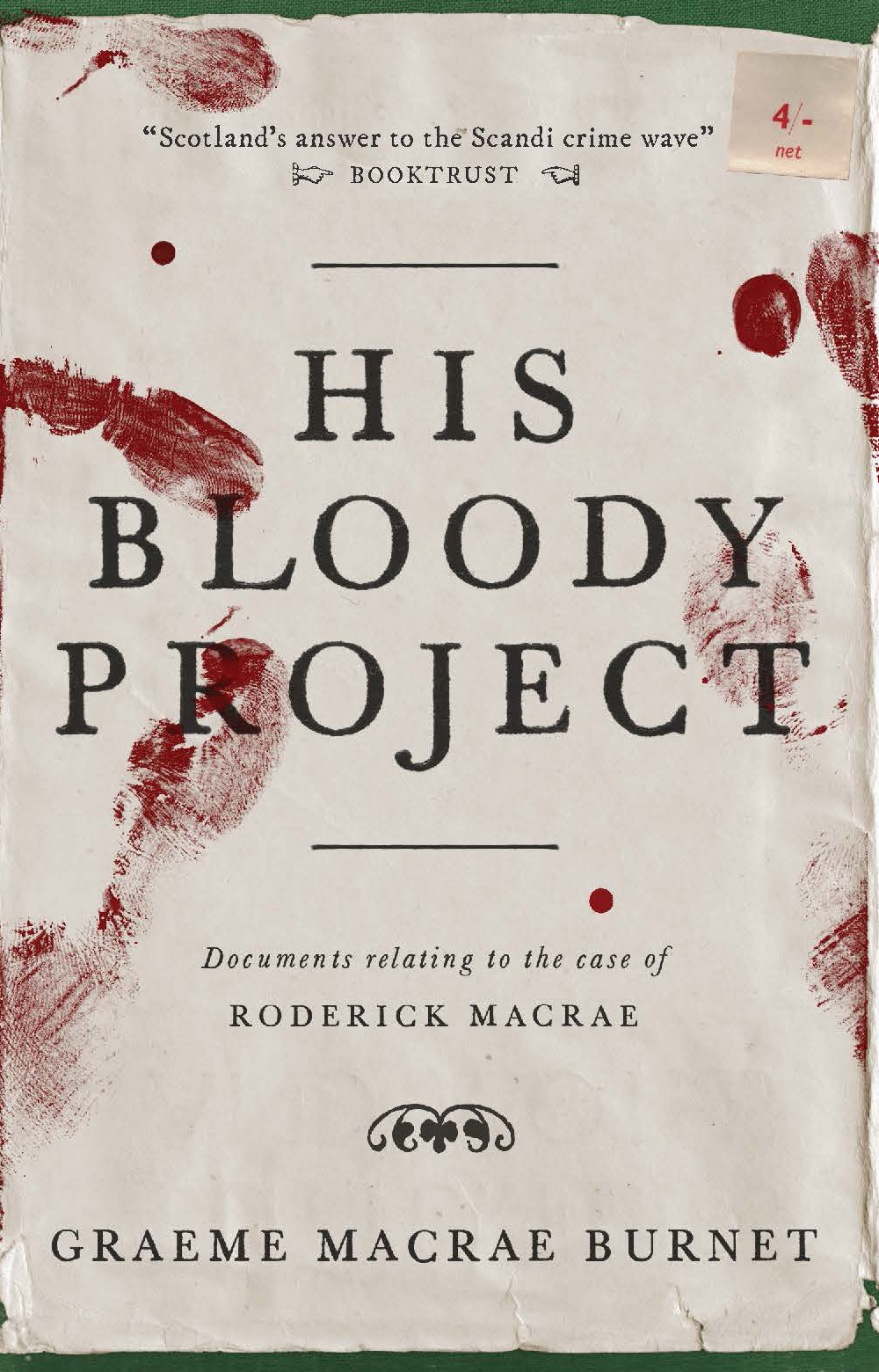What do you think?
Rate this book


282 pages, Paperback
First published November 5, 2015

In the spring of 2014, I embarked on a project to find out a little about my grandfather, Donald 'Tramp' Macrae, who was born in 1890 in Applecross, two or three miles north of Culduie. It was in the course of my research at the Highland Archive Centre in Inverness that I came across some newspaper clippings describing the trial of Roderick Macrae, and with the assistance of Anne O'Hanlon, the archivist there, discovered the manuscript which comprises the largest part of this volume.Immediately upon finishing this latest Man Booker nominee, I turned back to the author's introduction to check whether I had been reading genuine documents about a true case, or the imaginative products of a clever author with an uncanny sense of style. I think the latter, but even now I cannot be quite sure. The larger part of this book is, as Macrae Burnet tells us, the memoir written in 1869 by 17-year-old Roderick John Macrae at the request of his solicitor while he is awaiting trial in Inverness Castle. He freely admits to killing Lachlan Mackenzie (commonly known as Lachlan Broad) and two other people in the former's house in Culduie, Wester Ross, in order to relieve his father of the persecution he was suffering at Mackenzie's hands. From beginning to end of the book, there is no dispute about these facts; all that remains to be filled in are the details, motivation, and the question of moral guilt.

I fell in behind two well-dressed gentlemen and eavesdropped on their conversation. The first declared in a loud voice, 'It is easy to forget that such primitives still exist in our country.' His companion nodded solemnly and wondered aloud whether more might be done for us. The first gentleman then expressed the view that it was difficult to assist people who were so incapable of doing anything for themselves. They then paused to drink from a flask and watch a knot of girls pass by.This attitude is echoed by that of the Presbyterian Minister, Mr. Galbraith, who speaks of "a savagism" that the Church has only been partially successful in suppressing. He has no difficulty in asserting that Roddy is a throwback to the primitive type, a noxious individual, enslaved to the Devil. Burnet may have used Galbraith as a scathing example of religion at its worst and least compassionate (he based him, apparently, on a real figure), but there is another aspect to his Presbyterianism that is not much developed in the novel, but which I see as centrally important. The willingness of Roddy's father and his sister Jetta to submit to Lachlan Broad's tyranny is the Calvinist doctrine of Predestination in its crudest form:
You must not say such things, Roddy. If you understood more about the world, your would see that Lachlan Broad is not responsible. It is providence that has brought us to this point. It is no more Lachlan Broad's doing than yours or mine or Father's.Jetta, who has second sight, tells him that she has foreseen Lachlan's death. The combination of Gaelic superstition and Presbyterian fatalism finally propels Roddy to his act:
We have seen two theories of his crime: class and religion. The trial, however, will focus on the question of mental competence. But here we discover something else: that Roddy is not the trustworthy narrator we had thought.** All along, we have been proceeding towards understanding and even sympathy—but then something happens to kick us in the gut. From this horrendous point on, halfway through the book, neither Roddy nor the author is any more to be trusted. The novel becomes a genuine cliffhanger, even as it sinks deeper into tragedy. It is really a superb achievement.